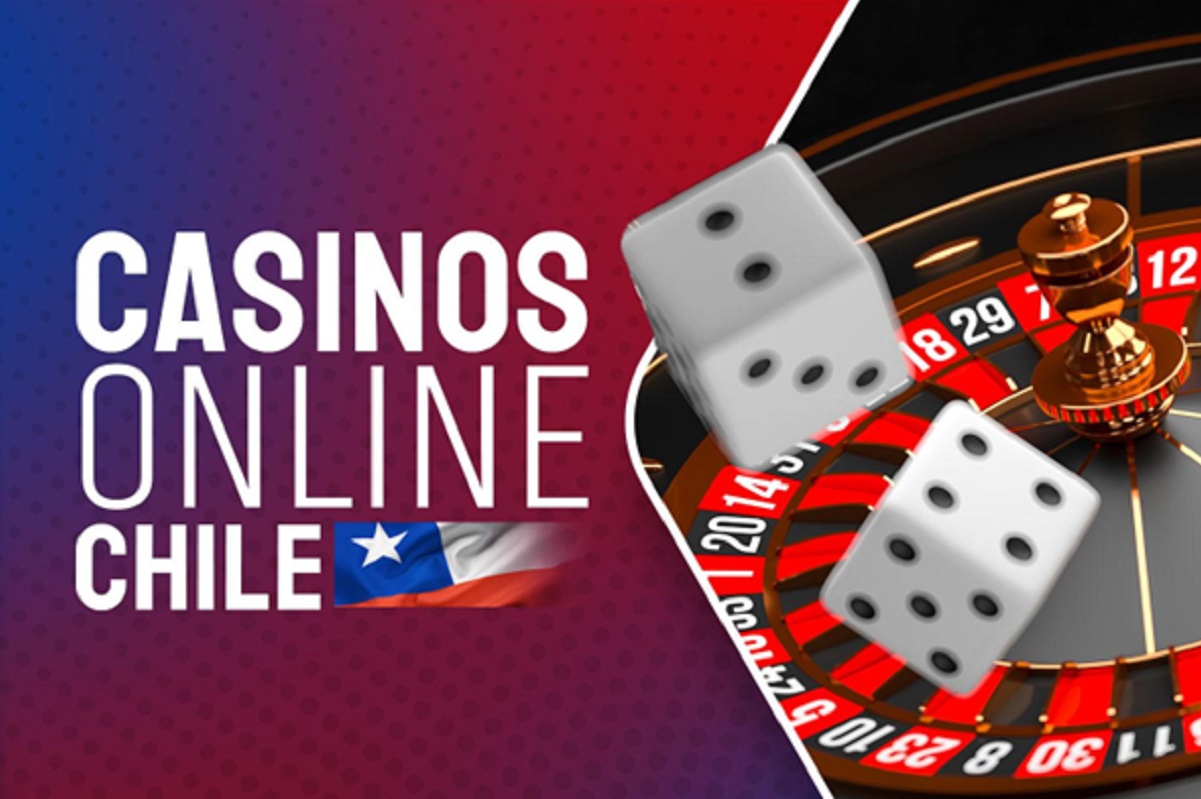A Typical Day in the Life of a Gaming Card Croupier
In the vibrant realm of gambling halls, in which the atmosphere buzzes with enthusiasm and the clattering of tokens permeates the space, the role of a dealer is both essential and fascinating. Daily, these skilled professionals step into a realm where fortune and strategy intertwine, leading players through the ups and downs of their chosen casino titles. From table games like 21 and texas hold ’em to the spinning wheels of roulette, dealers manage the gameplay while ensuring that every game runs seamlessly and fairly.
As the day breaks on another busy day, a casino dealer gets ready to immerse themselves in this dynamic environment. Their duties extend beyond just distributing the cards or turning a wheel; they are also performers, customer service representatives, and keepers of the game regulations. Each workday brings new obstacles and interactions, making every day distinct in the life of a casino dealer. This behind-the-scenes look will explore the day-to-day operations of a casino dealer, showcasing the expertise and insights that make this profession both exciting and fulfilling.

The Role of a Casino Table Croupier
A gambling game croupier is at the heart of the gaming experience, managing the flow of the game while ensuring that players are involved and enjoying themselves. Their main duty is to manage the game, which includes distributing cards, rotating the wheel, or handling the chips, based on the game being played. Dealers must have a thorough understanding of the regulations and guidelines governing each type of game, while also upholding a friendly and welcoming demeanor to improve the gambling atmosphere.
In addition to overseeing the gameplay, croupiers must also monitor on the players and the environment around the table. This includes watching for any signs of cheating, ensuring that everyone is adhering to the guidelines, and resolving any disputes that may arise among players. Effective communication skills are essential, as dealers often provide explanations about the rules and mechanics and offer assistance to those who may be new to casino games.
Moreover, a dealer’s role extends past just the technical aspects of the game. They play a crucial part in creating an enjoyable experience for the players. This necessitates building a rapport with patrons, being attentive to their wants, and often adding an aspect of entertainment into the play. It’s this mix of skill, alertness, and people skills that makes the role of a gambling game dealer both demanding and fulfilling in the vibrant world of gambling games.
Responsibilities and Challenges in Daily Operations
One of the key responsibilities of a dealer in a casino is to manage the multiple games provided at their table, ensuring a smooth and enjoyable experience for players. Dealers must be skilled at dealing cards, counting chips, and maintaining the flow of the game. 6789 casino This calls for a keen understanding of the regulations of each game, from blackjack to roulette, and the ability to answer players’ questions while maintaining the game progressing. Attention to precision is crucial, as dealers must track bets, pay out winnings correctly, and monitor any cheating or discrepancies at the table.
In addition to supervising the game itself, dealers face challenges such as dealing with difficult players. The casino environment can be high-pressure, particularly during high-stakes games, and a dealer must remain composed and maintain professionalism at all times. They need strong interpersonal skills to navigate interactions with players who may be upset about losses or dissatisfied with the game’s speed. Navigating these situations delicately is important in ensuring a friendly atmosphere on the casino floor.
Another major responsibility is upholding the honesty of the game. Dealers must be alert and attentive, watching for any signs of collusion or cheating among players. This involves not only a strong knowledge of the games but also an awareness of player psychology. They must also follow the casino’s regulations and procedures, participating in regular training sessions to stay informed on rules and protocols. Balancing these responsibilities while providing excellent customer service is what makes the role both difficult and fulfilling for a dealer in a casino.
Skills and Traits for Success
A successful casino game dealer must possess outstanding communication skills. This includes not only the ability to clearly explain game rules and procedures to players but also the capacity to interact with them in a approachable and respectful manner. Building rapport with guests can enhance the gaming experience and inspire repeat visits to the casino. Proficient communication enables dealers to manage tables efficiently while ensuring that players feel entertained.
Additionally, solid mathematical skills are essential for a dealer. Quick math are often required to follow bets, payouts, and game outcomes in real time. A dealer’s ability to perform these calculations accurately and swiftly promotes to the overall efficiency of the game. This skill helps in maintaining the flow of play and in minimizing disputes or misunderstandings with players, which is crucial in a dynamic casino environment.
Lastly, an ideal casino game dealer should show integrity and professionalism at all times. Trust is a crucial component of the gaming experience, and players must feel secure that the games are conducted equitably and clearly. A dealer’s commitment to upholding high ethical standards fosters a positive atmosphere at the table and enhances the casino’s image. Being dependable in behavior ensures that dealers leave a memorable impression on guests, which can lead to a faithful customer base.